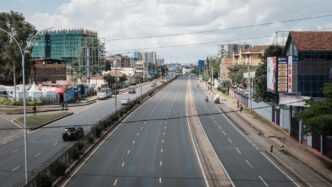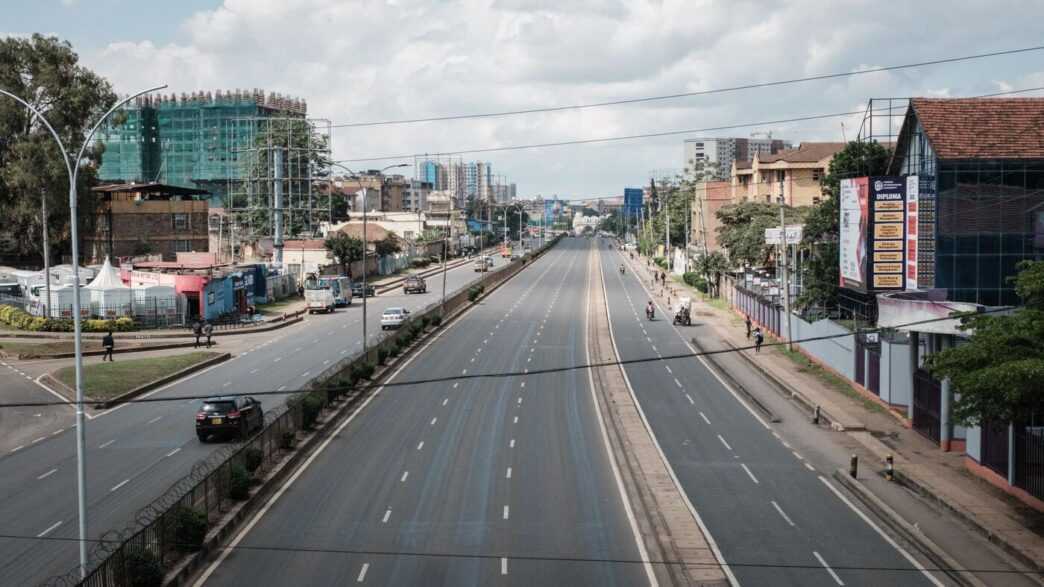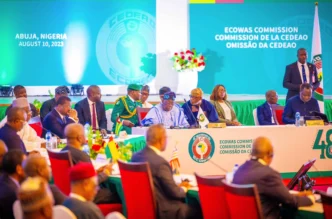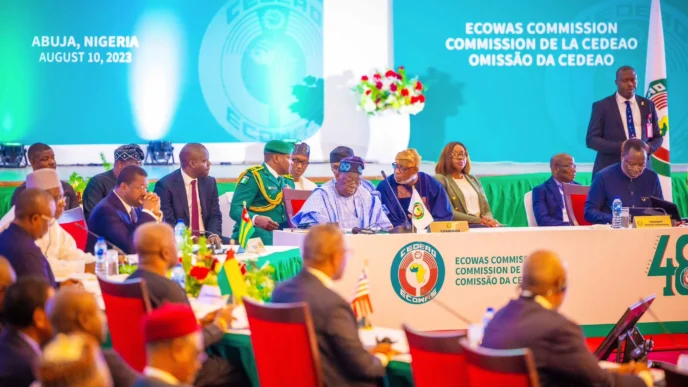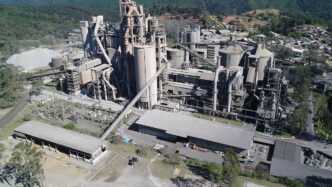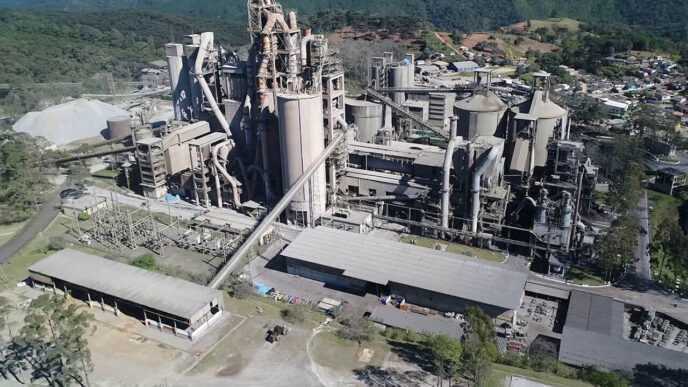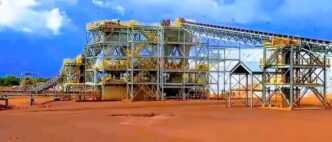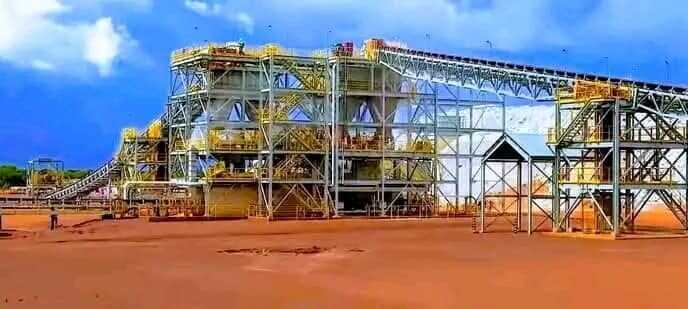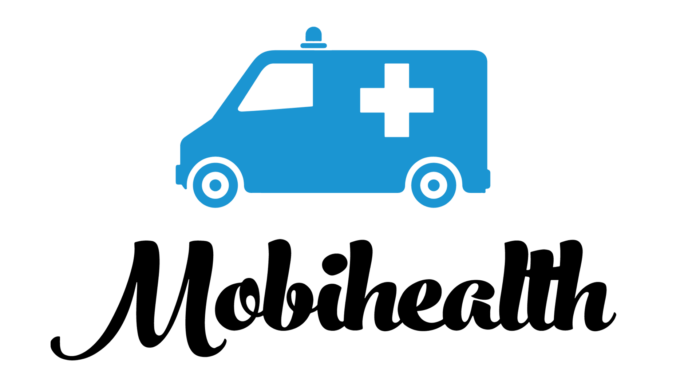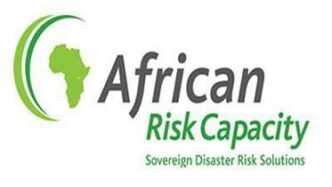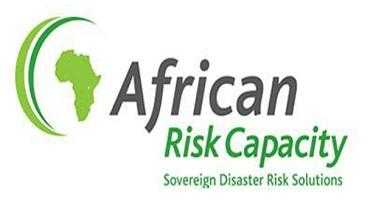Kenya has gained attention across Africa for its effective road maintenance strategies, anchored by a centralized levy system.
This approach, governed by the Kenya Roads Board (KRB), offers valuable lessons for Nigeria, where road maintenance remains a significant challenge.
Kenya Roads Board: A Model for Efficient Road Maintenance
Established in 2000, the Kenya Roads Board (KRB) has been instrumental in addressing road sector challenges. Its mandate includes funding, overseeing, and coordinating maintenance, rehabilitation, and development of Kenya’s road infrastructure.
The board manages the Road Maintenance Levy Fund (RMLF), a dedicated pool of financial resources for road upkeep.
KRB collaborates with several agencies, including:
- Kenya National Highways Authority (KeNHA) for national highways,
- Kenya Rural Roads Authority (KeRRA) for rural roads,
- Kenya Urban Roads Authority (KURA) for urban roads, and
- Kenya Wildlife Service (KWS) for roads in wildlife conservation areas.
Through these partnerships, Kenya has maintained its road networks, improved connectivity, ensured proper utilization of funds, and created job opportunities.
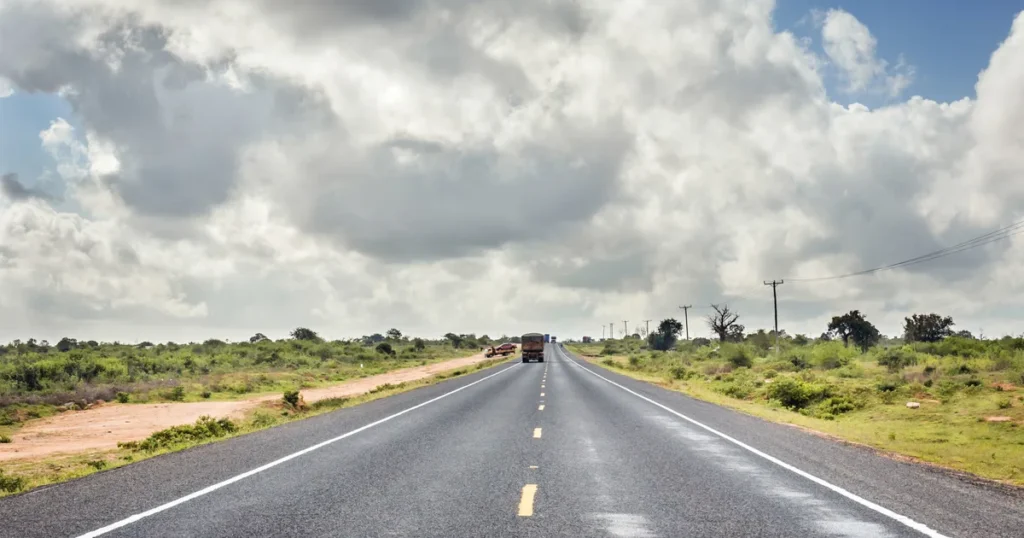
Key Updates in the 2024 Amendment Bill
The Kenya Roads Board (Amendment) Bill 2024 introduces structural changes to enhance its efficiency. The bill reduces board membership from 13 to 11 and replaces the position of Minister with a Cabinet Secretary.
Notably, private sector involvement is increased, with five representatives ensuring citizen-focused decisions. The government maintains six positions, including permanent secretaries from key road authorities, a Director General appointed through public advertising, and a non-executive chairman chosen by the president.
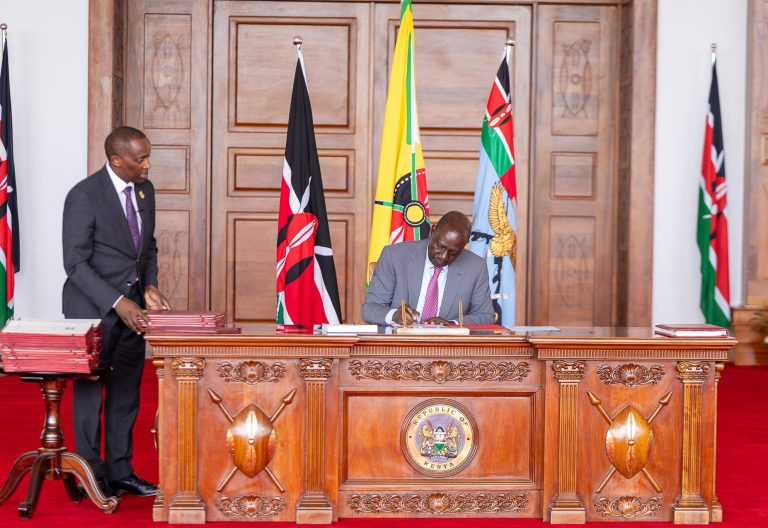
Nigeria’s Road Maintenance Challenges: A Stark Contrast
In Nigeria, road maintenance responsibilities fall under the Federal Roads Maintenance Agency (FERMA), established in 2002, along with state and local government ministries. However, a lack of centralized funding, such as Kenya’s RMLF, hampers their effectiveness.
While various levies are collected from road users, these funds are not specifically earmarked for road maintenance. Consequently, many Nigerian roads remain in poor condition due to insufficient financing and inadequate monitoring of projects.
Why Nigeria Needs a Centralized Road Maintenance Levy
Nigeria’s ongoing tax reforms offer an opportunity to consider a dedicated fund for road maintenance. A centralized levy system could ensure sustainable financing, improve road conditions, and enhance accountability.
Kenya’s Road Maintenance Levy Fund has proven that a well-structured financial model can bridge funding gaps and streamline road project execution.
Nigerian policymakers should draw inspiration from this model and introduce a body to administer road-specific levies, ensuring consistent funding for maintenance, repairs, and new projects.
Road Tax – The Way Forward for Nigeria
Streamlining the collection and allocation of road-related levies can transform Nigeria’s infrastructure. A centralized fund, modeled after Kenya’s RMLF, would guarantee the availability of resources for road maintenance while addressing accountability gaps.
As Nigeria works towards comprehensive tax reforms, policymakers must prioritize a dedicated road maintenance levy to safeguard the nation’s infrastructure. According to experts, this shift could “bring Nigerian roads to par with what is obtained in Kenya.”
Nigeria can implement regulations that promote effective road management and eventually raise the standard of living for its people by taking inspiration from Kenya’s achievements.
Read More:
